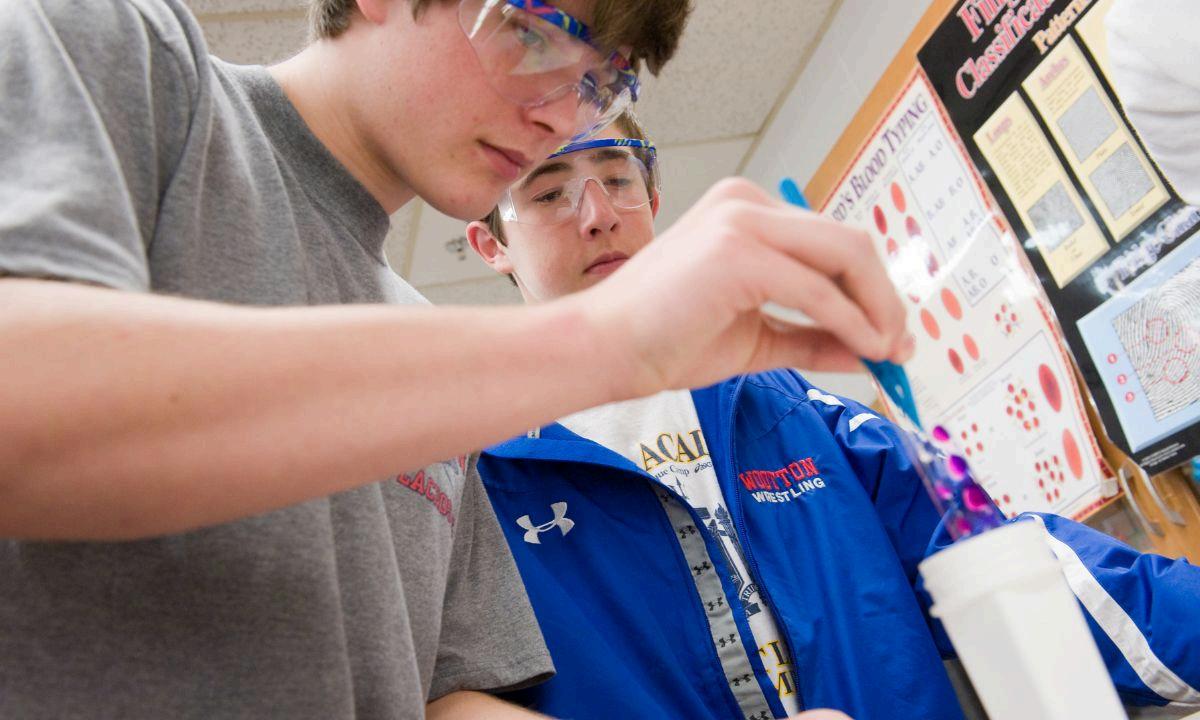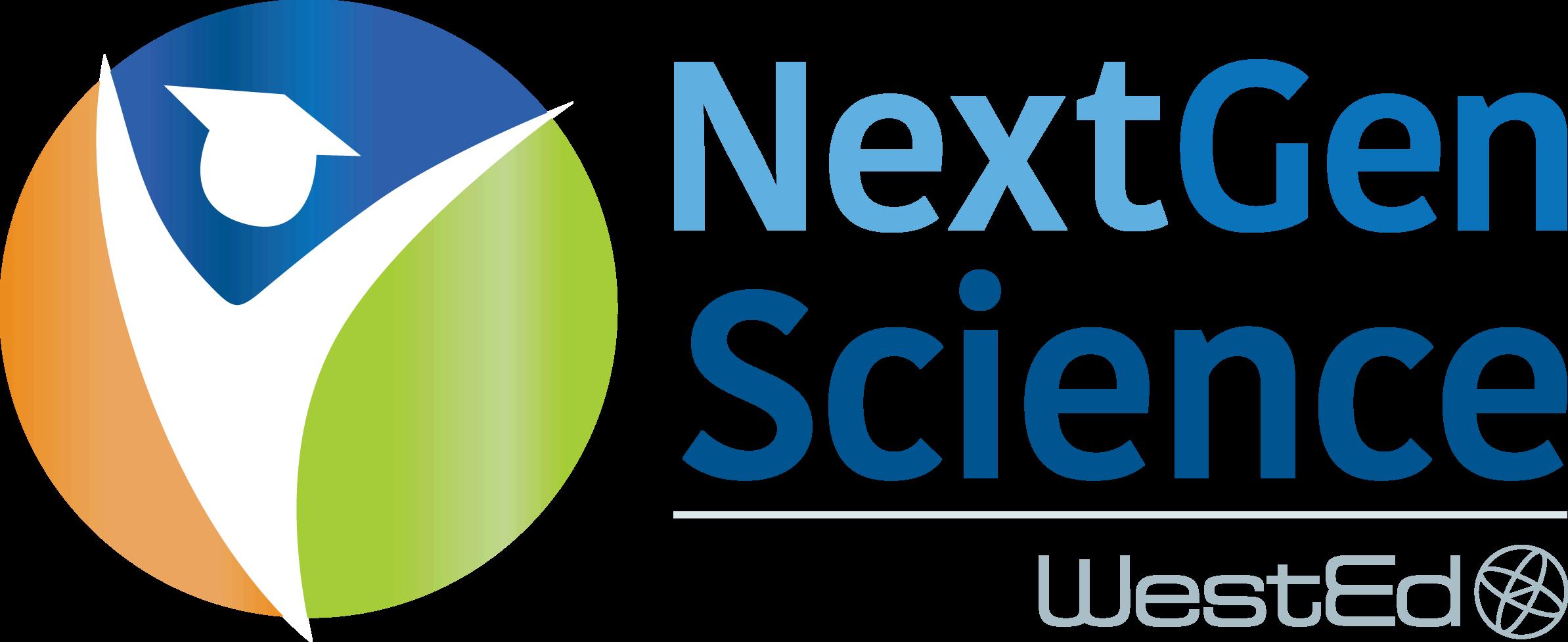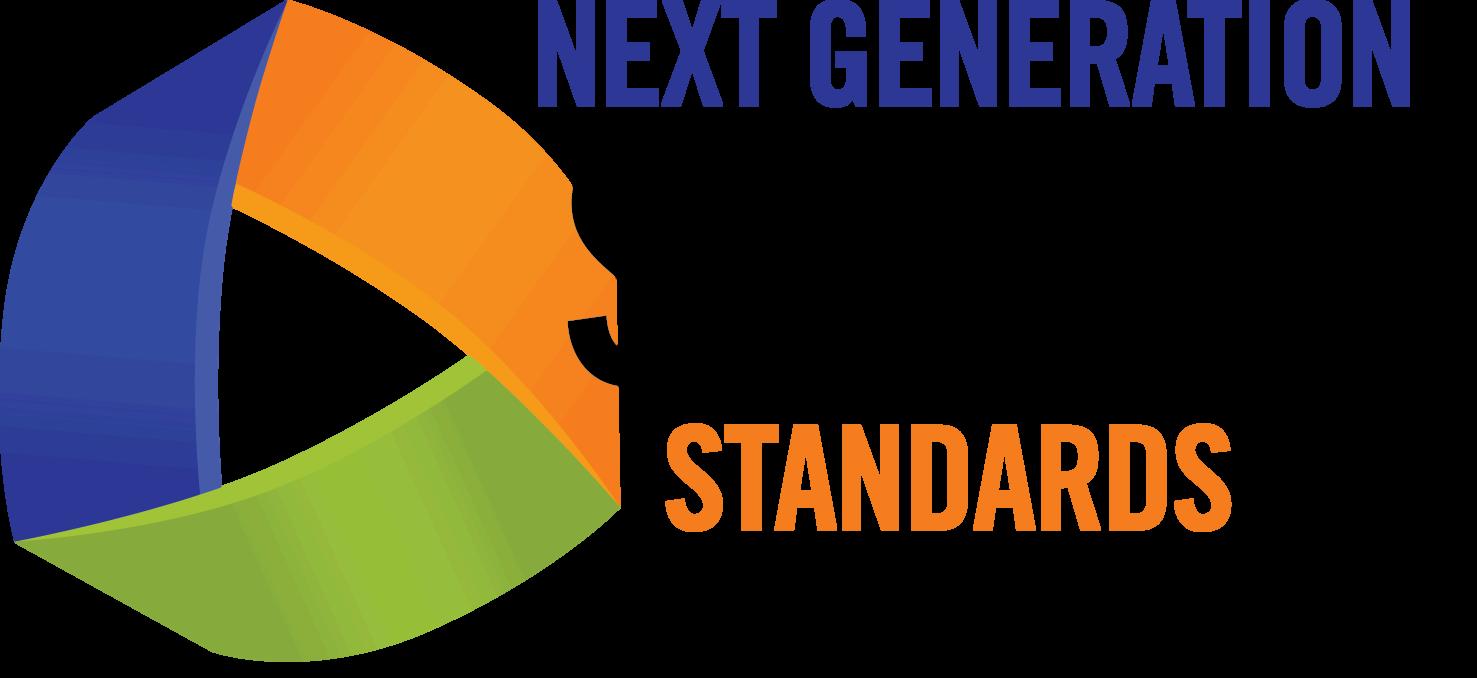

6 things to know about quality K–12 science education in July 2025
1
Webinar: What Leaders Need to Know about Science Assessments
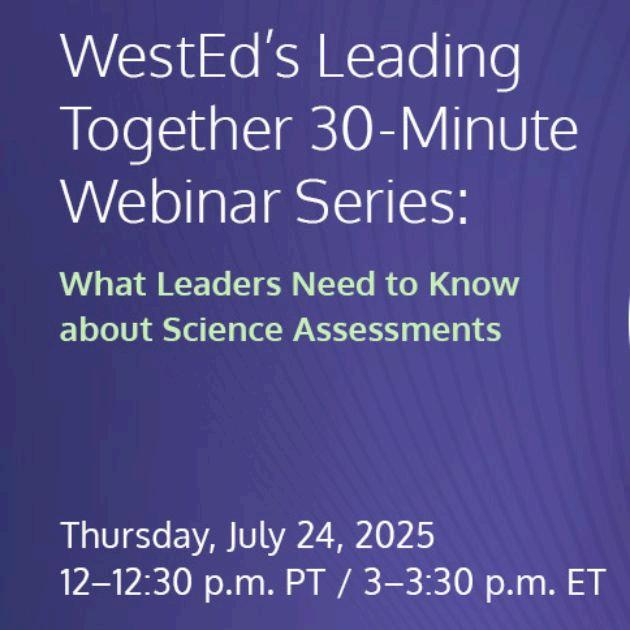
Inthiswebinar,WestEdexpertswill explorewhatittakesforinterim assessmentstodomorethanmeasure studentknowledge.Learnhowinnovative scienceassessmentsandassessment practiceshelpeducatorsbetter implementinstructionalmaterials, improveinstruction,andbooststudent motivationandengagement.
RegisterfortheJuly24webinarhere.
2
Testing the E�ects of a Teacher Curriculum Mindset Intervention
Researchdemonstratesthattheuseofhigh-qualityinstructionalmaterials(HQIM) combinedwithprofessionaldevelopmentimprovesstudentoutcomesinscience. However,achallengepersists:manyteachersthinkthesematerialsaretoodifficultfor theirstudents,sotheyeitherdon'tusethemormakethemeasier—whichcanlimitwhat studentslearn.Arecentstudyexaminedwhetherprofessionaldevelopmentfocusedon helpingteachersexaminetheirbeliefsaboutstudentcapabilitieswouldinfluence teachers'extentandqualityofHQIMuse.Thisstudyhighlightstheimportanceof comprehensive,alignedprofessionaldevelopmentsystemstosupporteffectiveHQIM implementationandtheneedforcontinuedinvestigationinthisarea.
Seetherpplreporthere.
3 Supporting Social-Emotional Learning Through Science: Teacher’s Guide and Lesson Sparks
Anewresourceoffersguidance for integratingtransformativesocialand emotionallearningpracticesintoscience classrooms.Alongwithateacher’sguide, theresourceprovides practicalstrategies thatteacherscanincorporateintodaily lessons, creatingalearning environment that bestsupports bothimprovedscience outcomesandsocial-emotional development.
SeetheOregonDepartmentofEducation resourcehere
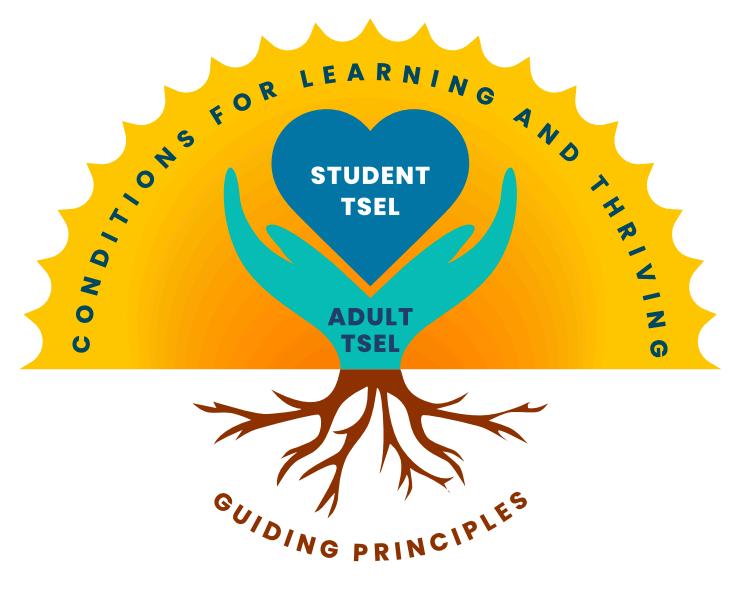
4
E�ective Strategies for Learning and Teaching in Times of Science Denial and Disinformation
Thiseditorialsynthesizestenresearch-basedstrategiestoimprovetrustinscienceand addressdisinformationinthescienceclassroom.Thesestrategiesincludeexplicit instructiononhowtoevaluateinformation,offeringmultiplesourcesofinformation, addressingmis-anddisinformationdirectly,acknowledgingthesocialnatureof knowledgeandreflectionopportunities,ensuringtopicsaresociallyrelevantand meaningful,andofferingmanystudentreflectionopportunities.
SeetheJRSTarticlehere
Grades

“We investigated the extent to which the curriculum supports young students’ three-dimensional learning as called for by the NGSS and their literacy learning related to reading and science language use… This study contributes to this emerging literature and is among the first randomized-controlled studies of widely available curriculum materials for the NGSS in K–2 classrooms. Importantly, our findings provide evidence of the value of NGSS-focused science instruction for benefiting both science and reading.”
SeetheNextGenScienceblogposthere.
6
Opinion: STEM’s Grand Challenges — And Opportunities
Inthisopinionpiece,JeffWeldofthe STEMEducationCoalitionshareseight challengesandopportunitiescurrently facedbytheSTEMfield,includingshifting priorities,newtechnology,policiesthat inhibitinnovation,andthedifficultyof expandingaccessandmeasuring progress.
Seethe74articlehere.
